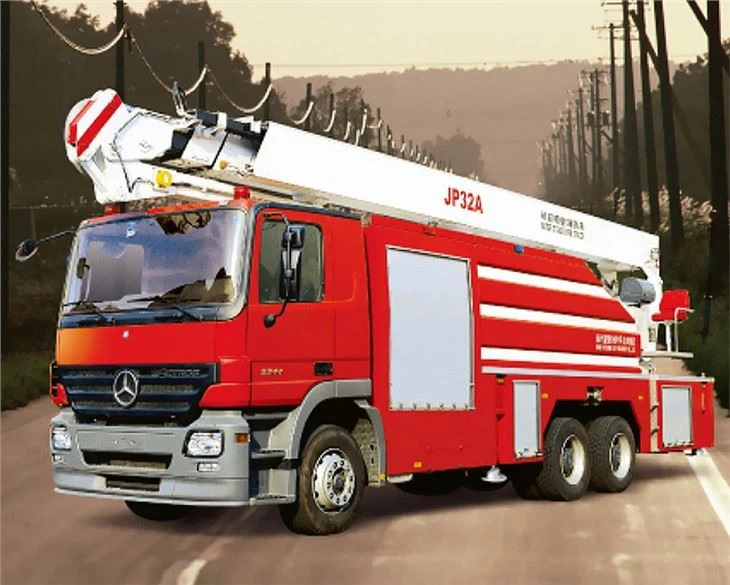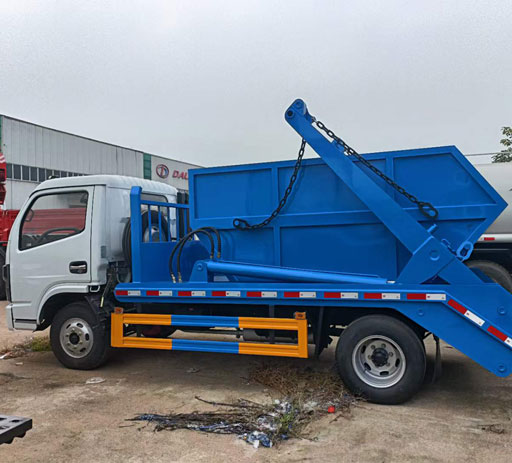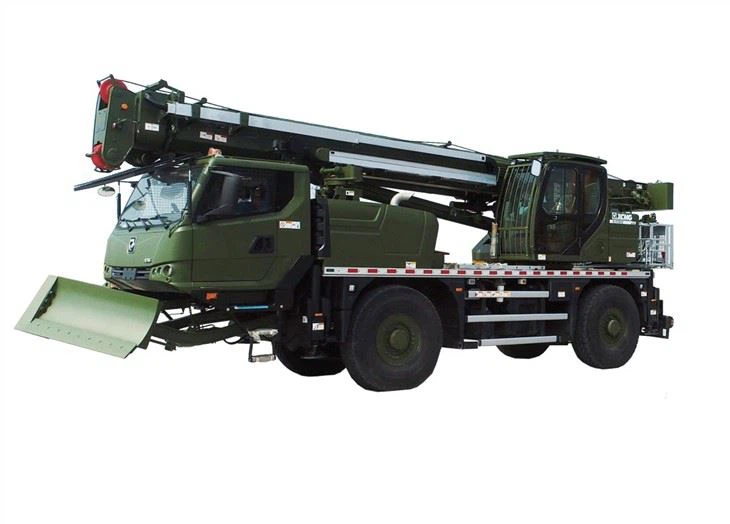Understanding Electric Semi Truck Prices: A Comprehensive Guide

The transportation industry has been undergoing significant changes in recent years, with the rise of electric vehicles (EVs) at the forefront of this transformation. Among these innovations are electric semi trucks, which are redefining the logistics landscape. However, understanding the price of electric semi trucks is crucial for businesses considering this transition. This article delves into what affects electric semi truck prices, examples from various manufacturers, and answers frequently asked questions to equip you with the knowledge needed to make informed decisions.

What Influences the Price of Electric Semi Trucks?
The price of electric semi trucks can vary widely based on several factors. Understanding these elements is fundamental in evaluating their cost-effectiveness in comparison to traditional diesel trucks.
1. Battery Technology
The battery system is one of the most significant factors influencing the price of electric semi trucks. Companies focus heavily on improving battery efficiency, capacity, and longevity, which directly impacts cost. More advanced battery technologies, such as solid-state batteries, tend to come at a higher price point but offer benefits like longer range and faster charging times.

2. Vehicle Range
Electric semi trucks come with different ranges based on the battery capacity. Trucks designed for long-haul transportation may have higher price tags due to their larger battery requirements. For instance:

| Truck Model | Range (miles) | Price ($) |
|---|---|---|
| Tesla Semi | 300 | 150,000 |
| Freightliner eCascadia | 250 | 150,000 |
| Volta Electric Truck | 200 | 100,000 |
3. Manufacturing and Materials
The materials used in building electric semi trucks also play a critical role in determining their price. Lightweight materials like aluminum and composite materials can reduce overall weight, improve efficiency, but may cost more upfront. Additionally, manufacturing processes designed for precision and sustainability can also hike up prices.
4. Technology and Features
